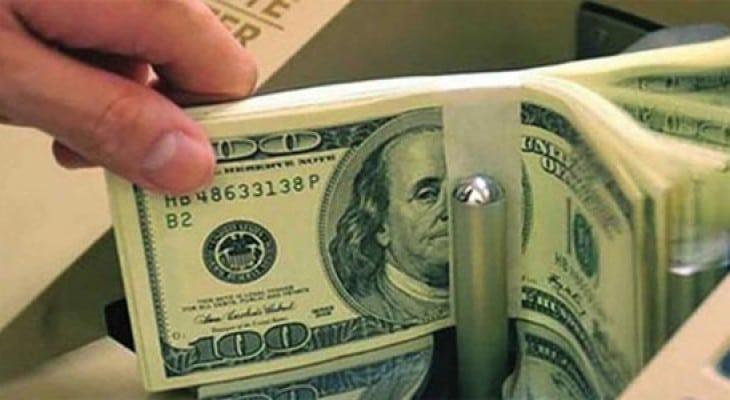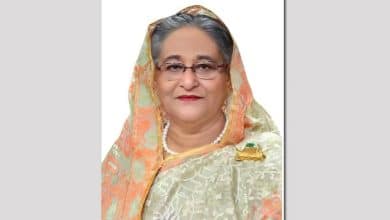Forex reserves below $38 billion despite tightened imports

Bangladesh’s forex reserves remain under stress despite curbing imports, reports UNB.
This is happening due to the selling pressure of US dollars for import LCs, surge in individual demands to meet travel, medical treatment expenses, and tuition fees for Bangladeshi students at foreign universities.
Bangladesh’s forex reserves will stand at US$38 billion after payment of $1.75 billion import bills due — of the Asian Clearing Union (ACU) — for July-August, said an official of Bangladesh Bank.
The central bank will pay this debt by tomorrow. Then the forex reserves will be below $38 billion, to around $37.50 billion, he said.
Last Thursday (Sep1,2022), the forex reserves of Bangladesh were $39.05 billion.
Bangladesh Bank has been selling dollars from the reserves to bring ‘stability’ to the forex market. On Thursday, $76 million dollars were sold to some banks.
In total, the central bank has sold $2.57 billion from reserves in two months.
Former Bangladesh Bank governor Atiur Rahman said that despite the increase in remittance, the forex reserves fell due to the continued sale of dollars.
“There is no problem even if the reserves fall to $38 billion in the current global context. Because, with this reserve, it is possible to meet the import expenses of more than six months,” he added.
“Imports are falling; remittance and export earnings are increasing. In this situation, it seems that the forex reserves will increase in the coming days,” he hoped.
The central bank sold $7.67 billion from reserves in FY 2021-22 to stabilize the forex market. Bangladesh never sold such a high amount of dollars from the reserve in a single fiscal year earlier.
However, in the previous financial year (2020-21), Bangladesh Bank bought a record $8 billion to keep the forex market stable during the falling trend of imports for the Covid-19 pandemic.





